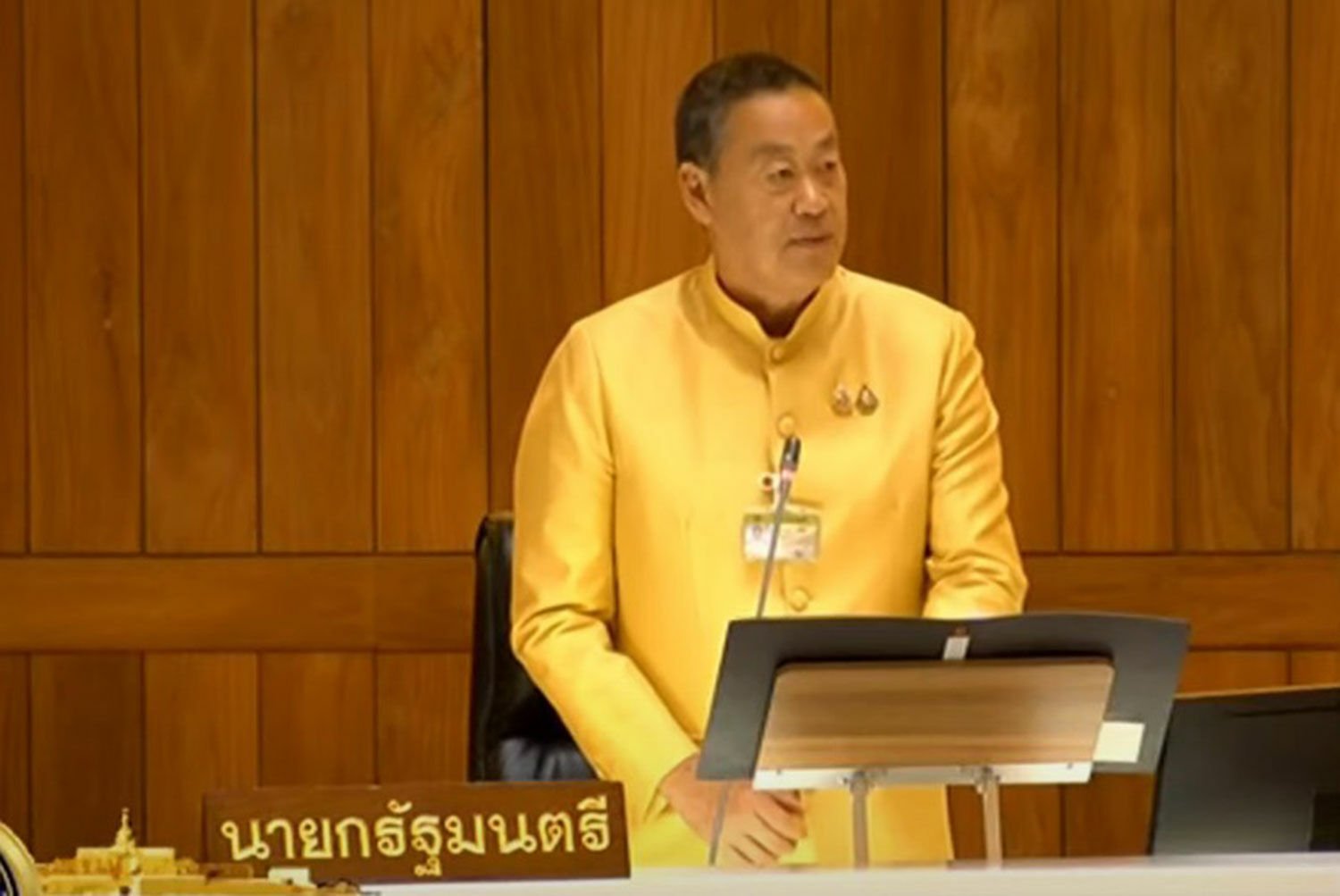Thailand to boost 2024 budget by 122 billion baht for economic lift

Prime Minister Srettha Thavisin emphasised the necessity of increasing the 2024 fiscal budget by 122 billion baht to stimulate Thailand’s economy. He proposed a supplementary budget bill to the House, aiming to finance the digital wallet scheme, a core policy of the Pheu Thai Party.
Opposition parties opposed the bill, citing legal concerns and potential violations of the State Fiscal and Financial Discipline Act. Despite this, PM Srettha highlighted the urgency of additional funding to boost economic activity, maintain consumption levels, and create business opportunities.
The digital wallet scheme involves a handout of 10,000 baht (US$280) in digital cash to up to 50 million Thais, slated to start in October, with registration opening tomorrow. The Thai premier suggested that waiting for the 2025 fiscal budget disbursement starting in October would be impractical, prompting the decision to augment the 2024 budget by 122 billion baht (US$3.4 billion) to address the sluggish economy more promptly.
Out of the proposed amount, 10 billion baht (US$280 million) would come from tax revenue and 112 billion baht (US$3 billion) from a loan. The 62 year old Thai prime minister noted that this increase would elevate investment spending in the 2024 budget from 17.1% to 22.4%.
“The money would be spent through the digital wallet handout, and be assured the spending plan is in line with the State Fiscal and Financial Discipline Act.”
The economy is projected to grow by 2 to 3% this year due to increased spending, public investment, recovery in the tourism and service sectors, and export growth. However, the prime minister acknowledged risks and limitations such as high household and business sector debt, as well as the volatile global economic situation.
Budget boost
Thailand’s financial status remains robust, with public debt as of April 30 at 63.8% of gross domestic product (GDP) and a Treasury balance of 394 billion baht (US$11 billion) as of May 31. PM Srettha assured that the government would adhere to fiscal and monetary discipline, ensuring that the money is spent correctly to stimulate the economy and promote sustainable growth.
Sirikanya Tansakul, deputy leader of the opposition Move Forward Party, expressed concerns that the supplementary funding request for the digital wallet scheme might violate State Fiscal and Financial Discipline Act clauses. She pointed out that the law requires additional budget disbursement within the fiscal year, which ends on September 30. However, the 10,000-baht handout is expected in the last quarter of this year.
Sirikanya argued that the August 1 registration date should not be considered as initiating debt obligations to justify a delay in budget disbursement, reported Bangkok Post.
“Some agencies might try to follow suit if they cannot disburse funds before the fiscal year ends.”
Sirikanya also questioned whether the digital wallet scheme qualifies as investment spending.
Latest Thailand News
Follow The Thaiger on Google News:


























